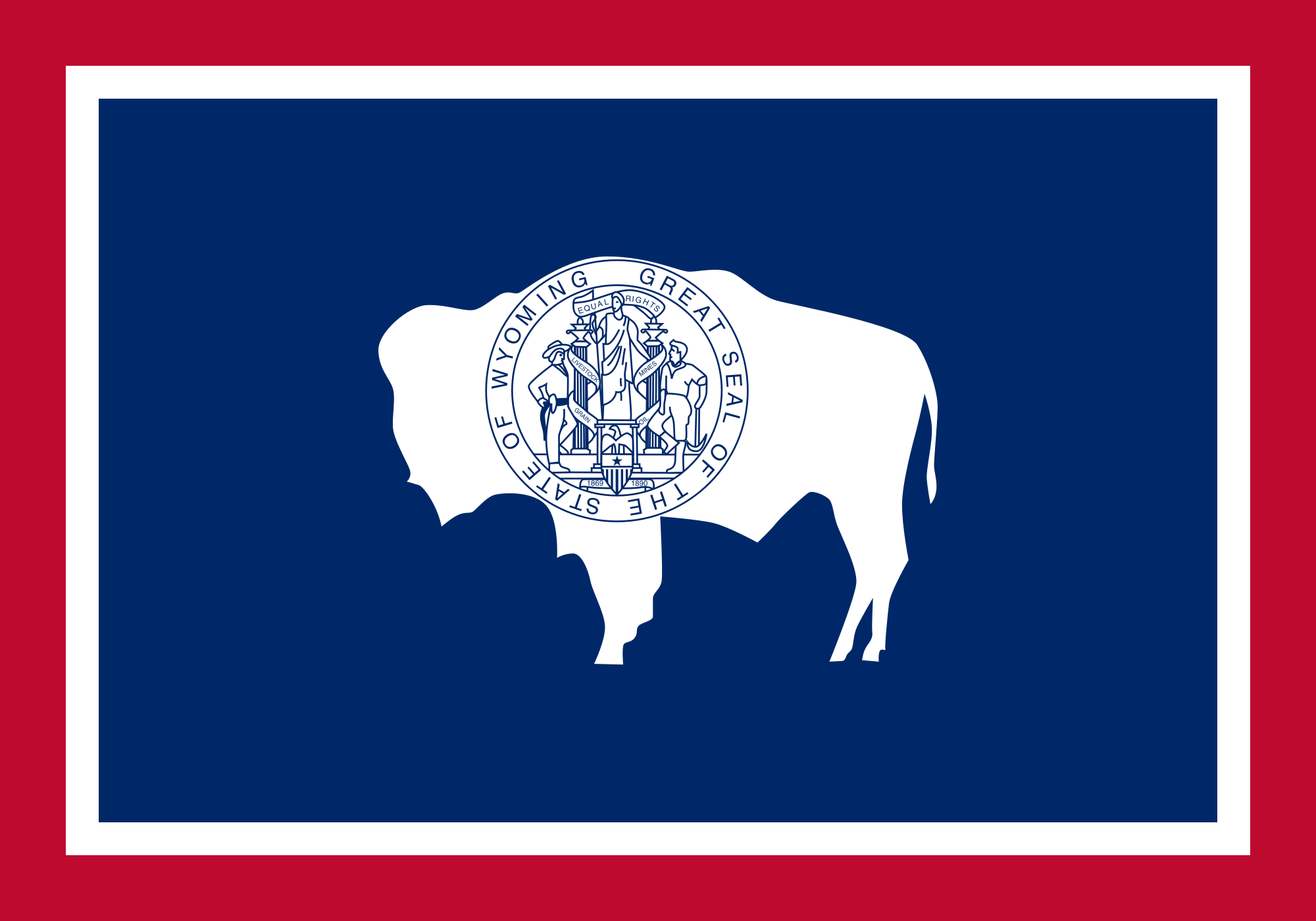SVIalpine.com is made possible thanks to a partnership between SVI Media, the Alpine Travel & Tourism Board and the Town of Alpine.
© 2024 SVI Media
Proudly built by Wyomingites in Wyoming

By Hannah Shields
Wyoming Tribune Eagle
Via- Wyoming News Exchange
CHEYENNE — A property tax relief bill vetoed by Gov. Mark Gordon earlier this year will make a second appearance in the 2025 general session.
Senate File 54, “Homeowner tax exemption,” was the only one of five property tax relief bills passed in the 2024 budget session that Gordon vetoed.
According to his veto message, the governor was concerned that this broad tax exemption would jeopardize the financial stability of Wyoming and its counties. The backfill of lost tax revenue for local municipalities likely would cost the state more than $220 million for the biennium, Gordon wrote.
“The Bidenomic-type of ‘tax relief’ in this bill is what I would expect from Washington, D.C. liberals, not conservative Wyoming legislators,” he said in his veto message. “It is a temporary relief measure that could lead to budget shortfalls, and will ultimately be paid for by raising taxes on our children.”
On Monday, members of the Legislature’s Joint Revenue Committee passed bill draft 171, “Homeowner property tax exemption,” by a vote of 11 to 3 during their meeting at the state Capitol.
Legislative Service Office senior staff attorney Josh Anderson told lawmakers this bill “is pretty much identical to Senate File 54 from last year.”
As written, the bill provides homeowners a tax exemption of 25% for the first $2 million worth of fair market value.
The bill also directs each county treasurer to track tax revenue loss from this exemption and report it to the Department of Revenue, which will provide a backfill “to fully compensate each government entity for the reduction in tax revenues.”
The bill comes with a $125 million legislative appropriation out of the state’s general fund to backfill losses in tax revenue for local governments. If these funds are insufficient, it also authorizes an additional transfer up to $100 million out of the state’s Legislative Stabilization Reserve Account (LSRA, also known as the state’s “rainy day fund”).
Under the current bill draft, this tax exemption would be in effect for two years, ending in the 2027 tax season.
A staff comment in the bill notes that there is nothing currently in statute to prohibit taxpayers from claiming additional property tax exemptions provided in other programs, such as the long-term homeowners tax exemption or veterans tax exemption.
The estimated fiscal impact of this bill is approximately $108.3 million per year, totaling $216.65 million for both years, according to the Revenue Department.
Revenue Committee co-Chairman Sen. Bo Biteman, R-Ranchester, said the idea for this bill “goes hand in hand” with the 4% property tax hike cap, which went into effect for property owners this year.
“The cap was to prevent the astronomical increases that we’ve seen since 2019,” Biteman said. “This bill was more of a ‘make people whole’ and then wipe out most of that inflation.”
Starting in 2021, a majority of Wyoming’s counties saw double-digit percentage increases in their residential property tax. By 2023, all but one county saw a property tax increase of 11% or higher, with the highest tax increase near 30%.
Assessed valuations for residential property in 2019 totaled $5.8 billion, Biteman said. Revenue Department Director Brenda Henson told lawmakers earlier Monday morning those same valuations rose to $10.1 billion.
“That’s a windfall for all these taxing authorities, but it’s killing our constituents,” Biteman said. “This was a way to get that back to them. A 25% exemption was a way to take away most of that inflationary pressure that they were feeling. Inflation is real.”
In response to Biteman’s comments, Rep. Dan Zwonitzer, R-Cheyenne, said that inflated prices hit everyone, not just homeowners. Expenses for counties, such as education and employee salaries, also took a hit, he said.
“We didn’t answer any of the questions or problems (Gordon) posed, or try to amend it in any way,” Zwonitzer said. “We’re just going to try to have the committee respond to the exact same veto bill.”
Rep. John Bear, R-Gillette, said in response to Zwonitzer that “the executive doesn’t always get it right.”
“It’s not the same as just inflation. These are based on property values, which is unearned income,” Bear said. “What have we done as a state, we’ve put $3 billion into savings, while our constituents have suffered as they paid into that tax. So, I think it’s appropriate to revisit it.”
SVIalpine.com is made possible thanks to a partnership between SVI Media, the Alpine Travel & Tourism Board and the Town of Alpine.
© 2024 SVI Media
Proudly built by Wyomingites in Wyoming
